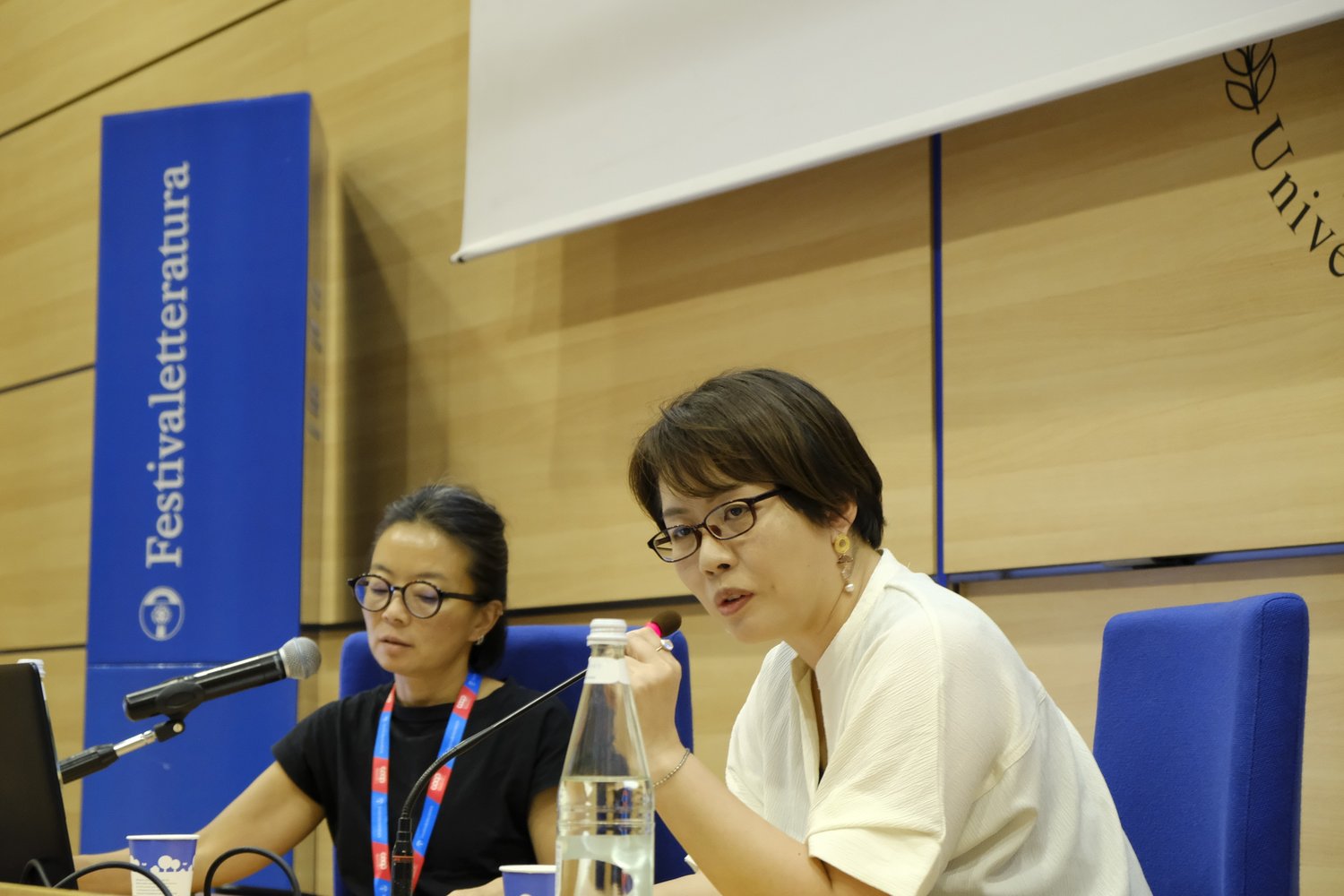



A Seed of Japan
A seed is what mobilises the plot of Maru Ayuase’s book The Forest Brims Over. Both in the metaphorical and literal sense, the entire novel sprouts from this moment; as Ayuase’s protagonist sits in her kitchen, eating the seeds which her husband plans to grow a forest from.
After a flourishing career in her native Japan, this is Ayuase’s first book translated for Western audiences. This book, however, is distinctly Japanese. Interviewed by Violetta Bellocchio, Ayuase does not only elaborate on the creative process of writing this book but picks up the threads of the socio-cultural fabric of Japan.
All writers are inspired by their homelands, whether purposefully or not, yet Ayuase’s writing is studded with sociological insights on Japanese society. The most glaring is embodied by her protagonist’s husband, a renowned writer of high social standing. "Japan", Ayuase states, "is still a deeply patriarchal country. Whether in the workplace or relationships, it is immanent". Ayuase has experienced this herself in a place as usually liberal as the arts. Japanese women, she explains, have never really held a solid place of respect and acknowledgement within the arts. Juries for prizes usually comprise men only, and cultural ambassadors are usually men. Yet Ayuase is constantly aware that such powers may be malevolent influences on both those who are submitted to them, and the one enforcing them.
The centrality of the Japanese experience is not just present within human societies and interactions, but also the natural world. In The Forest Brims Over, the forest is a character in its own right. Or, at the very least, a physical manifestation of a more primordial, unbridled side of the novel’s suppressed characters. "I was never a writer who necessarily chased Western acclaims", Ayuase says, delicately. She was sceptical at first when her publisher told her of the plan to translate this novel. "I wondered what Western audiences would conjure up when they thought of the forest. I’m sure it’s very different to a Japanese person’s conception".
Despite being a distinctly Japanese writer, the breadth of people that Ayuase’s novel has touched is notable, if the size of the audience and reverence of Violetta Bellocchio is anything to go by. In spite of the differences across literary terrains, Maru Ayuase has managed to plant her seed, nonetheless.